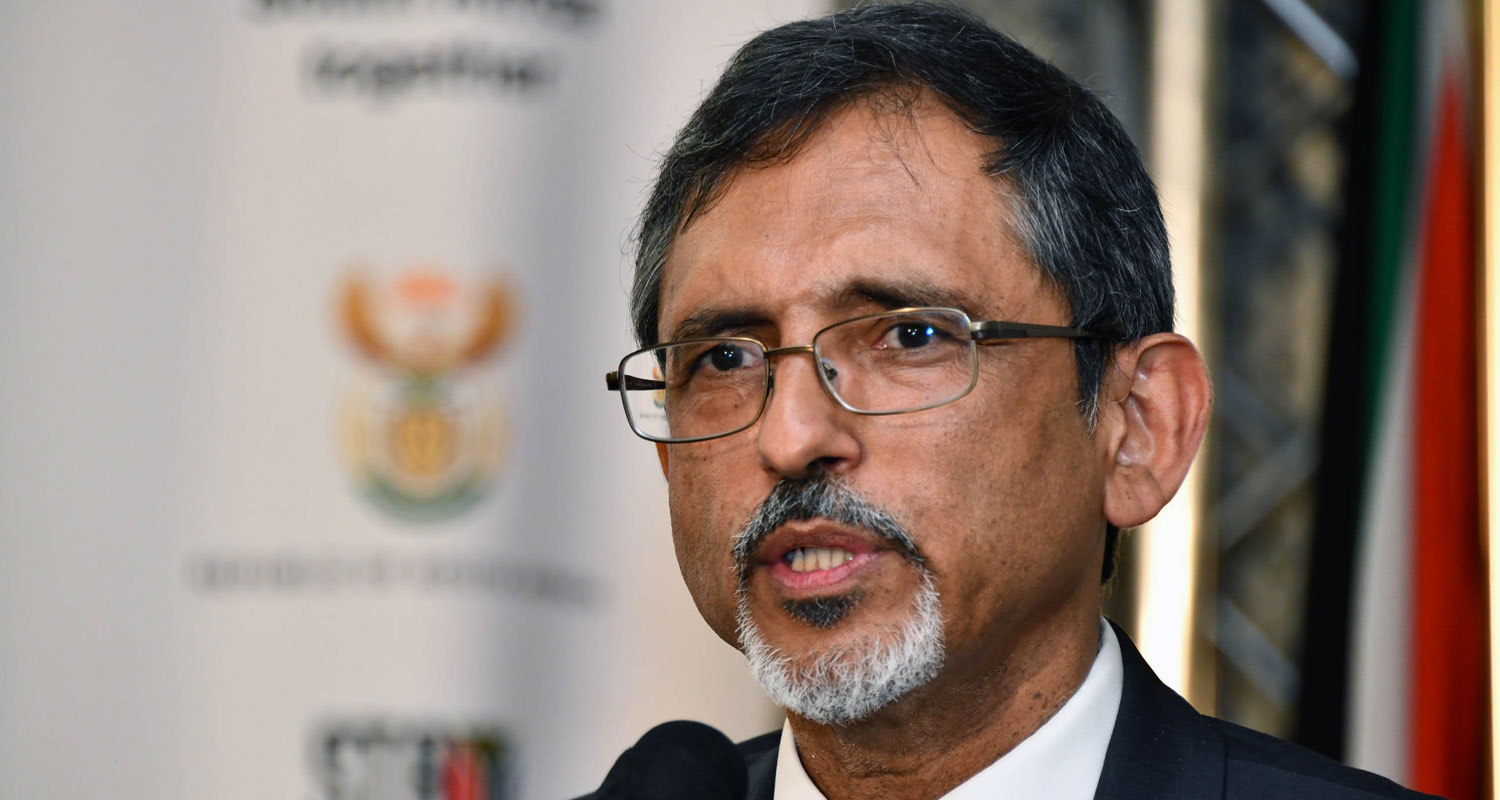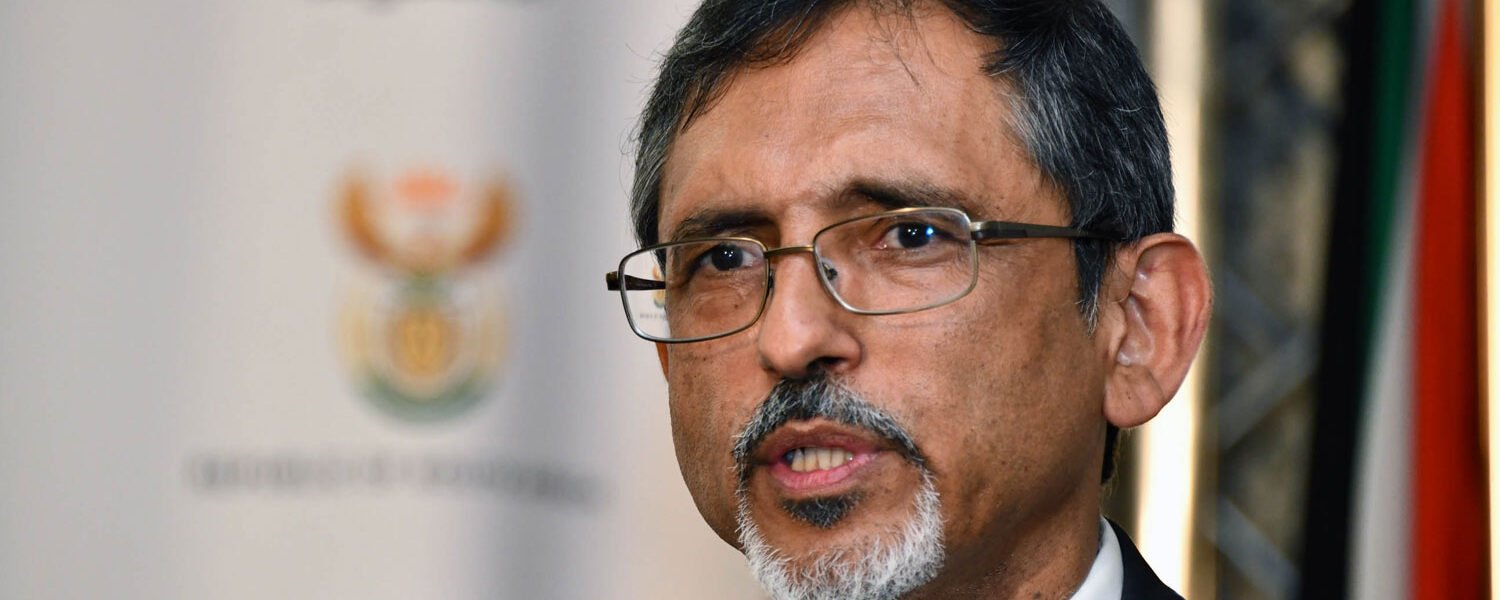
South Africa expects efforts to boost its electric vehicle manufacturing to yield swift results, as manufactures start to take advantage of tax incentives from early 2026.
“We are ready now for car makers to begin to gear up,” trade, industry & competition minister Ebrahim Patel told reporters on Monday.
“A car maker can commence immediately to put in place the production capabilities and production systems,” he said on the sidelines of a Black Industrialists and Exporters Conference in Pretoria.
South Africa, in an effort to preserve a key export industry, last month announced a 150% tax deduction on investments in the local production of electric and hydrogen-powered vehicles from March 2026.
The country’s vehicle exports generated more than US$21-billion (R400-billion) in earnings last year. But car companies were worried about the lack of government support for EVs, amid shrinking demand for conventional petrol- and diesel-powered engines in Europe, South Africa’s primary export market.
Patel said the long lead time was designed to give South African car makers enough time to prepare production facilities and win support from their parent companies. “As they incur that expense off the back of our incentive, they know they will be reimbursed,” he said.
Raw materials
The tax break is key for South Africa, which despite its natural advantages, has done little to develop an EV industry in the country.
Read: Budget: new EV policy incentives – too little, too late?
South Africa has abundant supplies of raw materials vital for the manufacture of lithium-ion batteries, including increasing supplies of nickel and the world’s largest reserves of manganese. It also holds the world’s largest platinum reserves, a metal used in fuel-cell engines that run on hydrogen. — (c) 2024 Bloomberg LP




